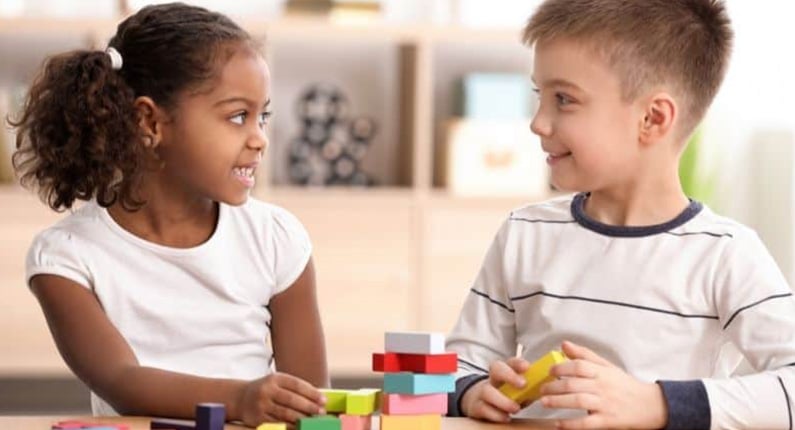Empathy is one of the most important qualities that we can help our children to cultivate. It is not only essential for building healthy relationships and professional success, but it can also prevent bullying by fostering a deeper understanding of both their own and other people’s feelings.
Here are five tips that you can put into practice today to help your child become more empathetic.
1. Model empathy for your child and others
Children learn from watching their parents or primary caregivers so in order to help children develop empathy it is important to model the values and behaviour you would like to see. You can show empathy for your child by taking a genuine interest in his life, celebrating his accomplishments and respecting his individuality.
Children also learn empathy by watching how we treat other people. You might want to consider volunteering together in the community or sponsoring a child in a third world country to help him build an understanding of the challenges that young people face in different parts of the world.
2. Help your child recognise and label emotions
Learning to understand and name their emotions will help children to manage their own feelings as well as recognise those same feelings in other people. Be careful not to classify emotions as ‘good’ or ‘bad’. The goal is not to teach your child to suppress feelings of anger, sadness or frustration but rather to encourage her to communicate them in a healthy way.
By responding to and meeting your child’s emotional needs, you will help her feel good about herself. Children with a healthy sense of self-esteem are more likely to treat others with kindness, whereas young people whose emotional needs are not met may express their own feelings of inadequacy through bullying.
3. Talk about other people’s feelings
Children are more likely to show empathy when they can relate to how someone else is feeling. You can use newspaper stories or the characters in TV programmes as a starting point for conversations about other people’s experiences and emotional reactions. Ask open-ended questions such as ‘How do you think that made him/her feel?’ and ‘What would you want someone to do if that happened to you?’
With younger children you can also play a game of ‘emotion charades’ where you come up with a list of emotions and then take turns acting out and guessing which feeling is being portrayed through facial expressions and body language. This might open up a discussion about how easy or difficult it was to guess the other person’s feelings. The more you talk about emotions, the less scary and overwhelming they will become, and your child will be better equipped to respond to other people in a considerate and kind way.
4. Explain that actions have consequences
Realising that their actions have consequences on the people around them will encourage children to develop empathy. Point out the difference that their kind, empathetic acts can make by praising their behaviour, for instance: “Your grandmother was so happy that you called her” or “You were very generous to share your toys with your friend. Did you see the smile on his face?”
Older children and teenagers who are using social media may need some help to understand that empathy is as important in an online setting as it is in face-to-face situations. Encourage them to consider the impact of their actions before they post potentially hurtful comments or photos of a party that some of their friends were not invited to.
5. Teach them to ‘Zoom out’
Often children find it relatively easy to empathise with their immediate family and close friends but can struggle to understand the feelings and perspectives of those outside that circle. We live in a diverse, interconnected world and helping your child to ‘Zoom out’ will build empathy for people who are different from him.
You can do this by emphasising the importance of listening to others, letting go of stereotypes and focusing on finding common ground with a wide variety of people. Research shows that limited exposure to people who are different from us can lead to a lack of empathy. Depending on where you live, try to give your child opportunities to meet and play with children of different races, backgrounds and ability.
Taking steps to help children to develop empathy requires time, patience and a positive mindset. There may be stumbling blocks along the way but it is well worth persevering as once learned, it is a skill that will remain with them for life. Empathy plays a crucial role in helping us build social connections, communicate more effectively, work cooperatively and relate better to others both in our personal and professional lives.










